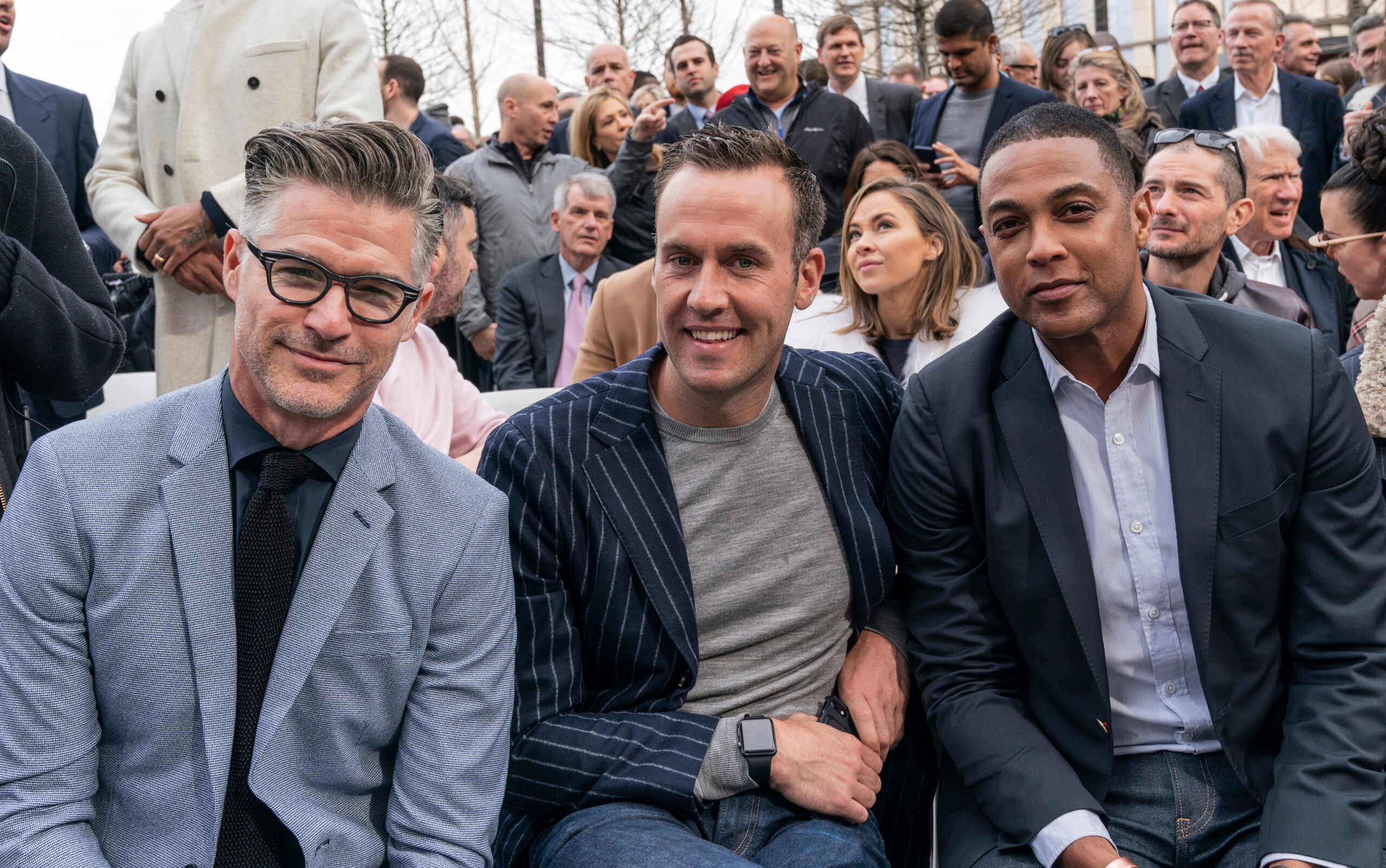Listen To Story Above
Netflix’s casting decision for Squid Game’s second season has ignited controversy within the LGBTQQIAAP2S+ community after South Korean actor Park Sung-hoon was selected to portray a transgender character.
The casting choice has drawn criticism from activists who believe transgender roles should exclusively be played by transgender performers. Social media platforms have been flooded with disapproving reactions to the decision.
Park Sunghoon plays the role of a transgender woman in Squid Game Season 2, joining the competition to fund her gender-affirming surgery. pic.twitter.com/2P1ke8YXmY
— Pop Base (@PopBase) December 4, 2024
“I’m crying. Instead of a transfem actor they decided to slap a wig on Park Sung-hoon and call it a day,” one X user reacted.
“This is not how you give representation,” another lamented, adding, “A cis man pretending to be part of a minority group just doesn’t sit right with me, especially when they could’ve hired an actual trans actress.”
The debate has evolved to include discussions about South Korea’s cultural landscape, with some arguing that finding a transgender actor in the country’s entertainment industry would be challenging due to social constraints.
Others have defended the casting choice, suggesting that acting inherently involves portraying characters different from oneself. The controversy has sparked wider discussions about representation in media and the responsibilities of casting directors in inclusive storytelling.
#ParkSungHoon as Hyunju in #SquidGame2
— a former special forces soldier and transgender. She joined the game because she run short of money for the gender-affirming surgery.
This character will be breaking gender sterotype in the entire series. 🥹 I really love Sunghoon's… pic.twitter.com/02qgJDw4K4
— dia ❦ | When The Phone Rings pr manager (@xxxtaerixxx) December 5, 2024
Counter-arguments have emerged from various social media users, with some questioning the logic behind the outrage. The discourse has highlighted ongoing tensions regarding transgender representation in global media and the complexities of casting decisions in different cultural contexts.
The contentious reactions have ranged from sincere concern about representation to satirical comments about the nature of acting itself, demonstrating the polarized views surrounding this casting decision.







